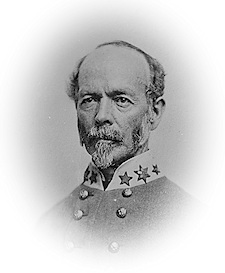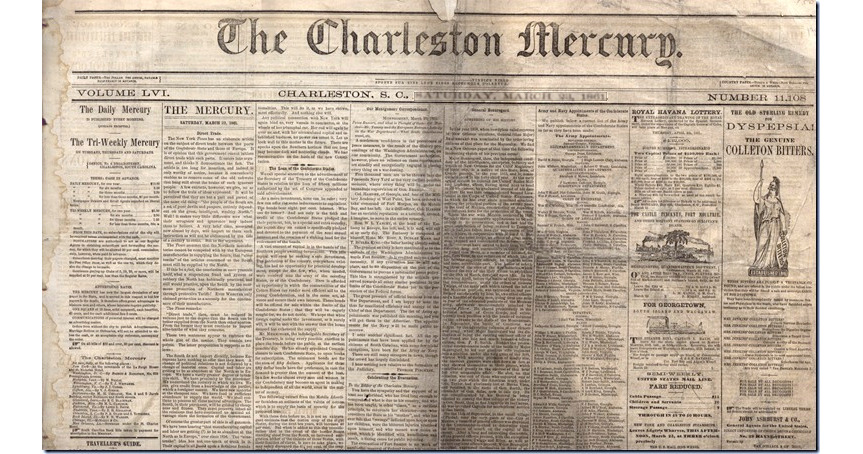February 15, 1863, The New York Herald
Our Special Mississippi Correspondence.
ON BOARD THE RAM QUEEN OF THE WEST,
MISSISSIPPI RIVER, BELOW VICKSBURG, Feb. 5, 1863.
The Union ram Queen of the West, which ran the blockade of the rebel batteries at Vicksburg on Monday morning last, and then ran further down the river, has just returned from a most exciting, romantic, perilous and important passage down the Mississippi river, into the Red river, and up the Mississippi again to her present anchorage in the immediate vicinity of Vicksburg. During this excursion Colonel Ellet destroyed three rebel steamboats, several hundred thousand dollars worth of stores intended for the rebel army, captured a number of rebel officers, and struck a fearful blow at the vaunted security of the rebel authorities on the Lower Mississippi.
I have already forwarded you the particulars of the ram running past the Vicksburg batteries. Herein I send you a description of her subsequent exploits. Although in the beginning I may repeat a few facts mentioned in my first despatch sent when she had passed the formidable fortifications at the city, I do so in order that the present narrative may contain a complete account of all her operations from the commencement to the close.
Whilst we could see the rebel steamboat City of Vicksburg lying opposite the city and under the protection of its guns, it was known that further down the river there were in the service of the Confederate authorities a large number of transports, which were of incalculable benefit to them in furnishing supplies to their troops at Vicksburg and Port Hudson. It was important for us that we should destroy at least a portion of their means for river transportation, and, by proving comparatively easy the accomplishment of an apparent impossibility, teach them a moral lesson. Rear Admiral David D. Porter, commanding the Mississippi squadron, requested Colonel Charles E. Ellet, commanding the co-operating ram fleet, to prepare the Queen of the West for the contemplated dangerous and important mission. Eighteen hours were allowed him within which to effect the necessary arrangements to start at the appointed time. Three hundred cotton bales were placed on board, in order to protect her machinery from serious damage by the shot and shell from the rebel batteries. The Queen of the West is a wooden vessel – her prow only is of iron. Consequently, in the absence of iron armor, these cotton bales were necessary for her protection. Next to the safety of the machinery one of the most important points to be attended to in making the arrangements was the protection of the pilot house. With the limited [continue reading…]








